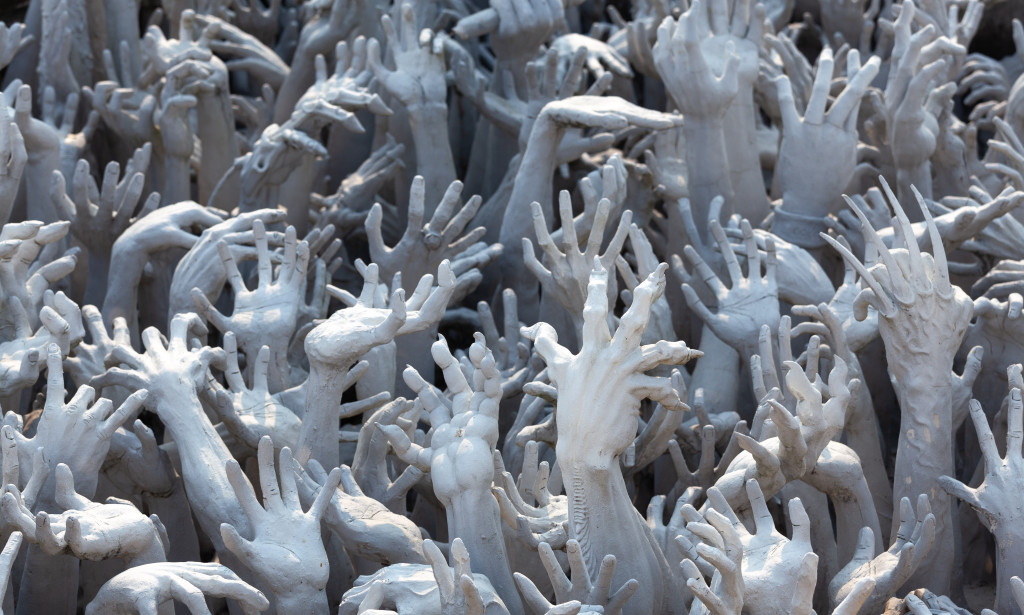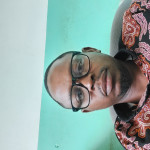Physics practical is an integral part of theoretical courses and as such it must be considered in the curriculum. In the laboratory, the student can conduct experiments that may verify some of the fundamental laws and principles that have been presented in a lecture. Thus, the aim of physics practical is to help the students learn more physics and familiarize themselves with laboratory equipment, and at the same time develop some skills in working with scientific equipment.
Therefore, to match the modification already made concerning the experiments, new instructions for the experiments are compiled in this manual.
Objectives:
The objectives of this course are:
1. To introduce the students to the significance of the experimental approach through actual experimentation;
2. To apply the recitation class to field problems which help to develop a better understanding of the fundamentals of classical and modern Physics;
3. To introduce the student to the methods of data analysis used throughout science and engineering;
4. To develop an “errors conscience” so that the student will at least be aware of the relative worth of his/her measurements, whatever their type;
5. To familiarize the student, by direct contact, with a great many basic measuring instruments and their applications;
6. To make the student realize that such tools as graphing, difference analysis, the use of calculus, etc. are of fundamental importance;
7. To impress on the student that even an experiment, which is unimportant to his professional future, may contribute directly to his mental development because of the analytics and mathematics involved;
8. To introduce the student from the first day to the use of references, thereby showing him the value of other viewpoints and the problem approach;
9. To improve the students’ ability of self-expression through report presentation; and
10. To give the students direct contact with their instructors, and thus the advantages of close direction and personal discussion of ideas and methods.
Although the experiments are not original or new in the sense that they have all been performed before the students will gain more if they will approach each one with an inquiring mind and treat it as a new experiment themselves.



You must be logged in to post a comment.